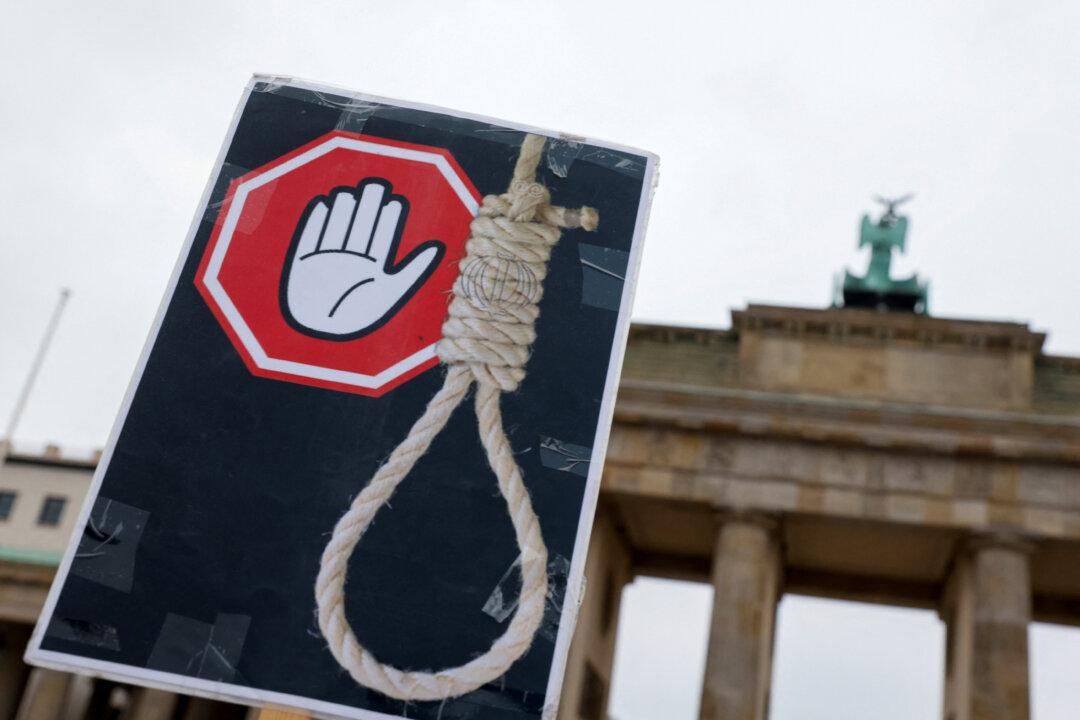The Greens Party has denounced the federal government’s response to Iran’s crackdown on Iranian freedom protestors as slow and falling short of what the community wants.
Australian Greens spokesperson for Foreign Affairs, Peace, and Nuclear Disarmament, Senator Jordon Steele-John called out the Albanese government over what the Greens say is a lack of concrete actions on the Iranian crackdown.




